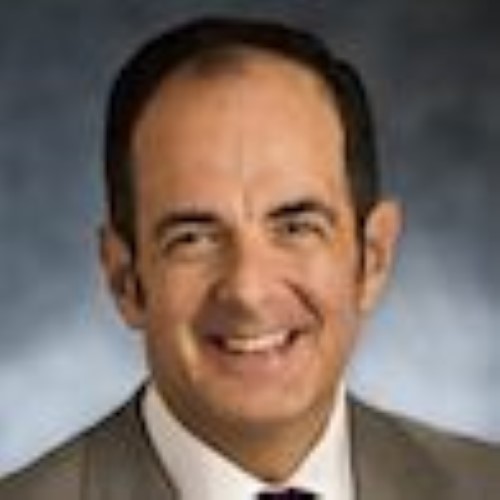Non-pharmacologic Management Strategies for Dental Fear
Speaker

Dr. Richard E. Heyman is Professor in the Department of Cariology and Comprehensive Care at New York University. He earned a B.S. from Duke University and a Ph.D. in clinical psychology from the University of Oregon. He’s a licensed psychologist.
Dr. Heyman has received over 60 grants/contracts from major U.S. funding agencies on a variety of topics, from dental fear to social determinants of health to couples communication to community-level prevention of family maltreatment, substance problems, and suicidality. Dr. Heyman has published over 200 scientific articles/chapters on these topics.
At the core of Dr. Heyman’s research is translating basic knowledge into prevention and treatment and on improving adoption of evidence-based practices.
Disclosure: Dr. Heyman has no relevant financial relationships to disclose.
Course Description
Dental fear negatively affects the health of over 53 million American adults. Standard dental treatment (anti-anxiety medication or anesthesia) is compassionate but maintains the cycle of fear and avoidance. This presentation will discuss the evidence for non-pharmacologic approaches to dental fear. Existing non-pharmacologic treatments are effective but are rarely available in typical practice settings and not easily disseminated.
Educational Objectives
- Explain the pros and cons of pharmacologic and non-pharmacologic approaches to dental fear.
- Describe the basic cognitive-behavioral principles and methods underlying these treatments.
- Delineate how to assess for dental fear and what questions to ask patients with dental fear.
- Discuss stepped-care approaches being researched for dental fear.

